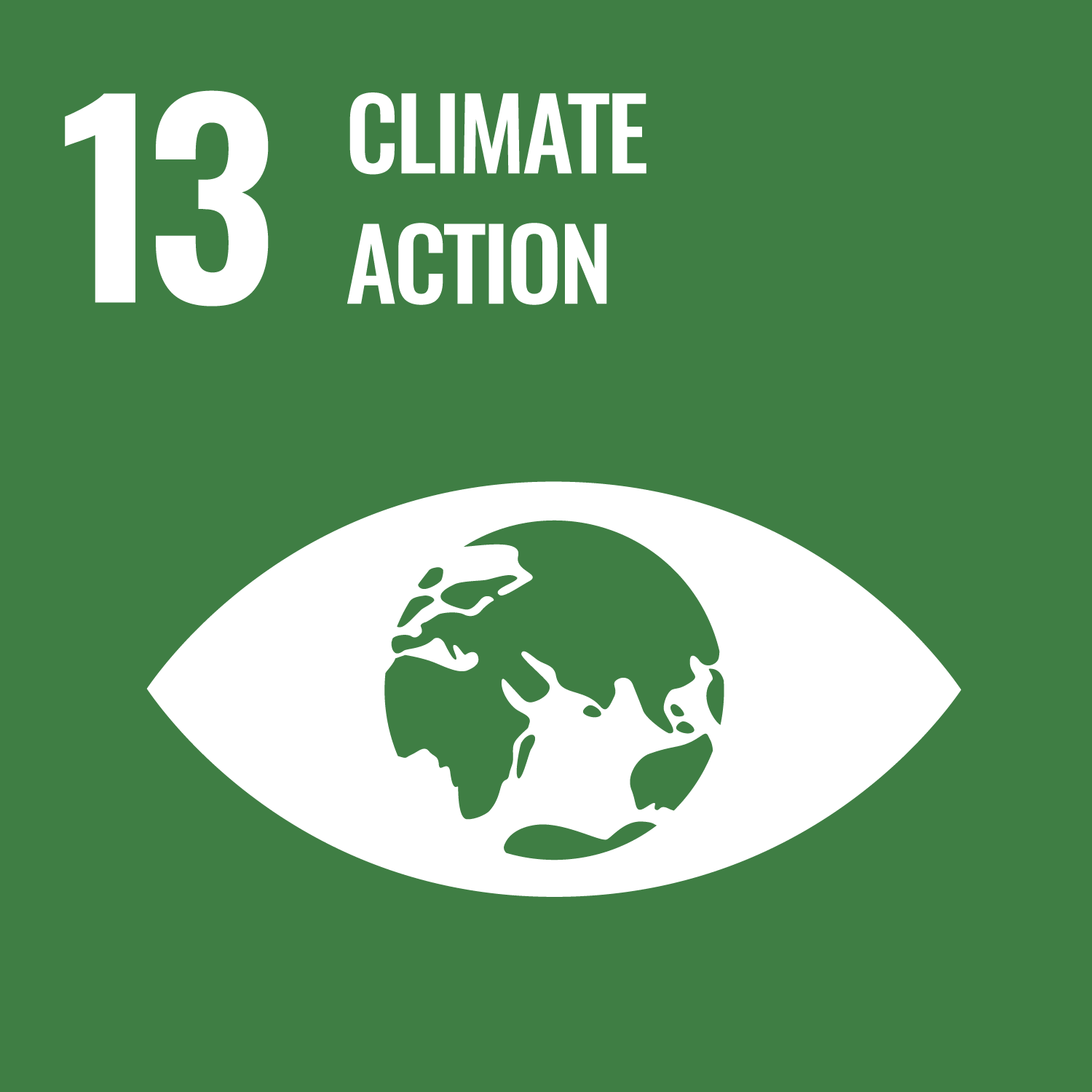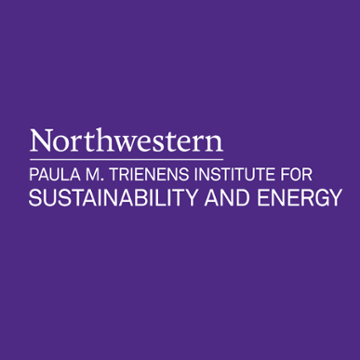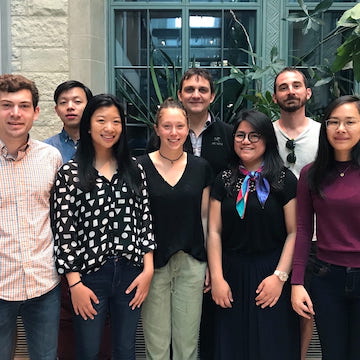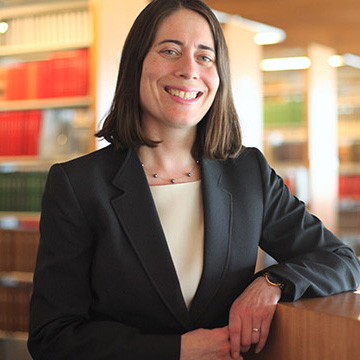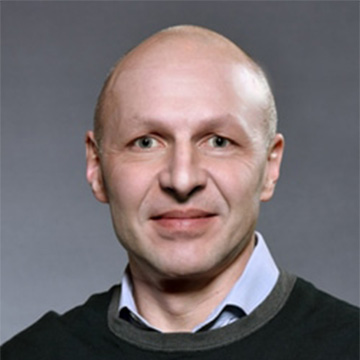Paula M. Trienens Institute for Sustainability and Energy
Paula M. Trienens Institute for Sustainability and Energy aims to advance global sustainability and energy solutions through transformational research, interdisciplinary education, and public engagement. Trienens Institute work spans a wide range of disciplines and schools across Northwestern. Trienens Institute work centers on basic discovery science for next generation solar technologies, catalysis and sustainable materials, and carbon management, and the translational impact of this research for smart cities, climate impact, and the energy-water nexus. Enabled by cross-cutting capabilities at Northwestern in economics and business, public health, law, and communications, the Institute is ideally positioned to build on the University’s global sustainability and energy leadership.
